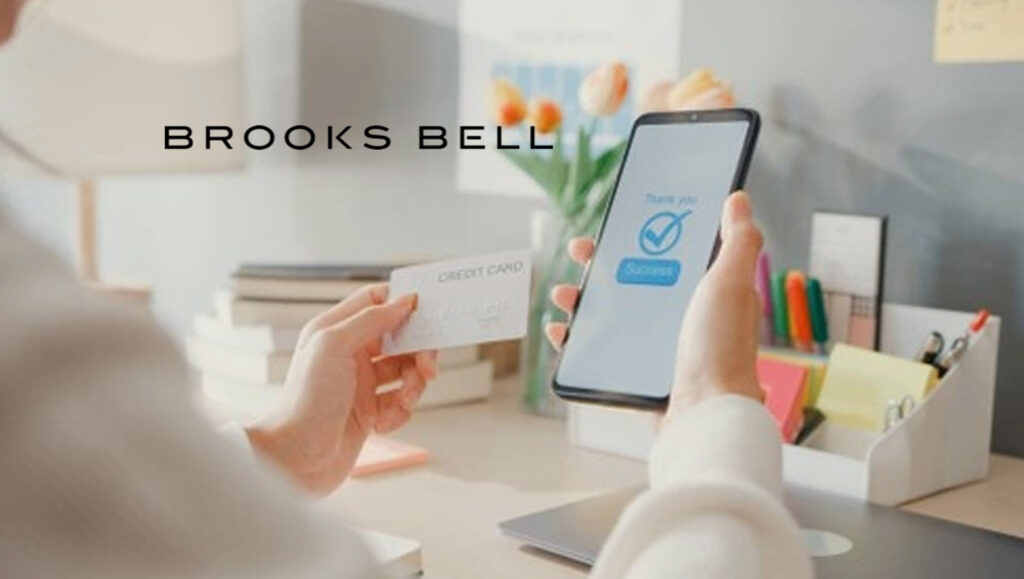Recent research from more than 1,000 U.S. consumers reveals additional frustrations surrounding site navigation and product comparisons on Amazon.com
Brooks Bell, the digital transformation firm dedicated to helping global brands build remarkable customer experiences, today released its latest research-driven report, “Give Your Customers What Amazon Can’t.” The report provides business decision makers with data-driven insights from a deep-dive into sentiment and spending habits of loyal consumers of e-commerce giant Amazon.
Read More: SalesTechStar Interview With Gemma Cipriani-Espineira, Chief Customer Officer At Chili Piper
“To compete with Amazon, you need to offer a seamless and satisfying experience to your customers — which takes the effort of everyone from marketing executives to hourly front-line retail employees,” said Gregory Ng, CEO of Brooks Bell. “However, no matter how big Amazon may get, the company can’t excel and be number one at everything. We’ve compiled insights from consumer research to help brands plot a strategy that gives customers what they aren’t getting in their Amazon experiences. Our goal in this is to help support them in creating a stronger user experience that will in turn lead to better business results.”
Read More: Newegg’s Annual Eggie Awards Celebrate The Contributions Of Its Top Partners In 2021
Brooks Bell surveyed more than 1,000 U.S. consumers in late 2021 who shared their sentiment towards a range of experiences shopping on Amazon.com as well as their preferences for third-party product reviews:
- Nearly a third (30%) of respondents reported receiving a product late or receiving a low-quality product from Amazon at least once a month. Close to half (44%) of respondents report the product they want not being in stock at least once a month, and 36% of respondents report not being able to find what they are looking for quickly.
- 81% of respondents do not view Jeff Bezos favorably. Amazon’s Alexa device also received a low favorability of only 43%, while retail properties like AmazonGo and Amazon Fresh saw 29% favorability. However, Amazon.com received a 79% approval rate, outshining it’s counterparts.
- 74% of users go to Amazon daily or weekly with intent to purchase. Contrarily, 68% of users go to Amazon.com daily or weekly just to browse. 13% of respondents report that more than half of their non-gas, grocery and household monthly budgets are spent on Amazon.
- Consumers ages 60+ feel better about shopping at Amazon compared to younger generations, but Millennials and Gen Z signaled higher approval of Amazon’s impact on the planet. 73% of those over the age of 60 feel good about Amazon shopping compared to just 63% of those under the age of 29. However, younger generations are more hopeful about the e-commerce brand’s impact — 42% say they agree Amazon makes the world a better place, compared to just 27% of those over 60.
- Product comparisons were identified as the top area of improvement (37%), followed by text-based support (32%). In need of better product information, 29% of respondents reference review blogs and 20% go to YouTube for product reviews before making purchases at Amazon.
- 36% of respondents stated “product expertise” as a reason to shop elsewhere. Supporting small business (46%) and purchasing from a brand with more of the products they are looking for (28%) were also common reasons consumers left Amazon for a purchase.





















